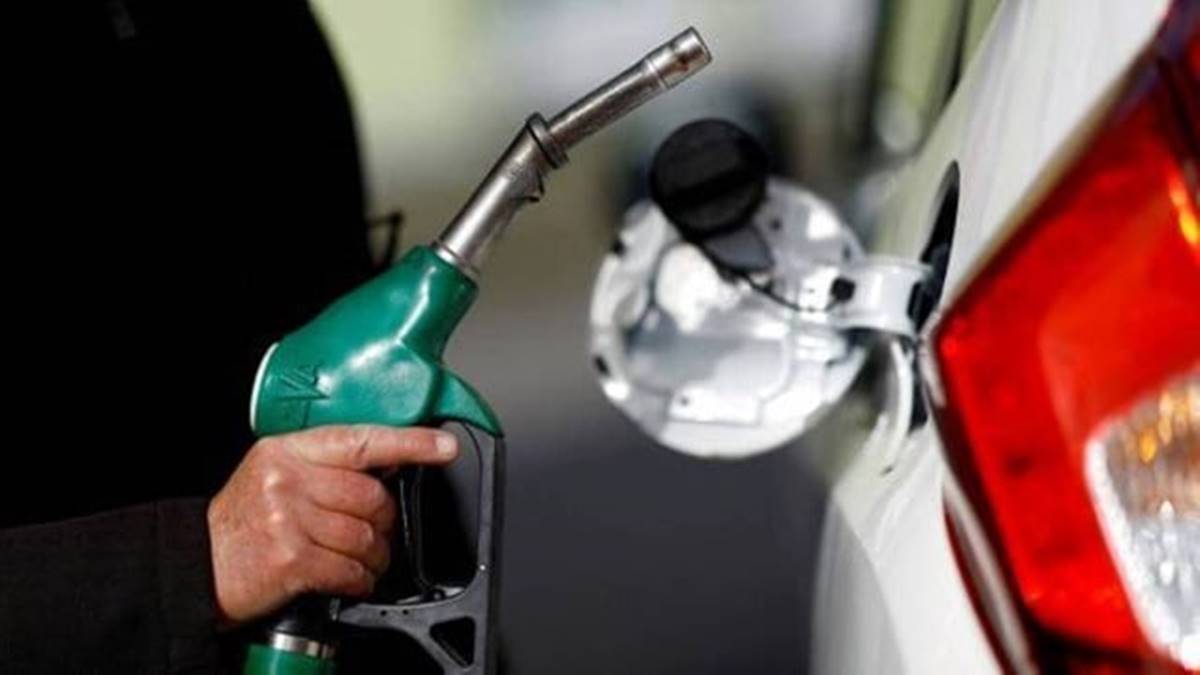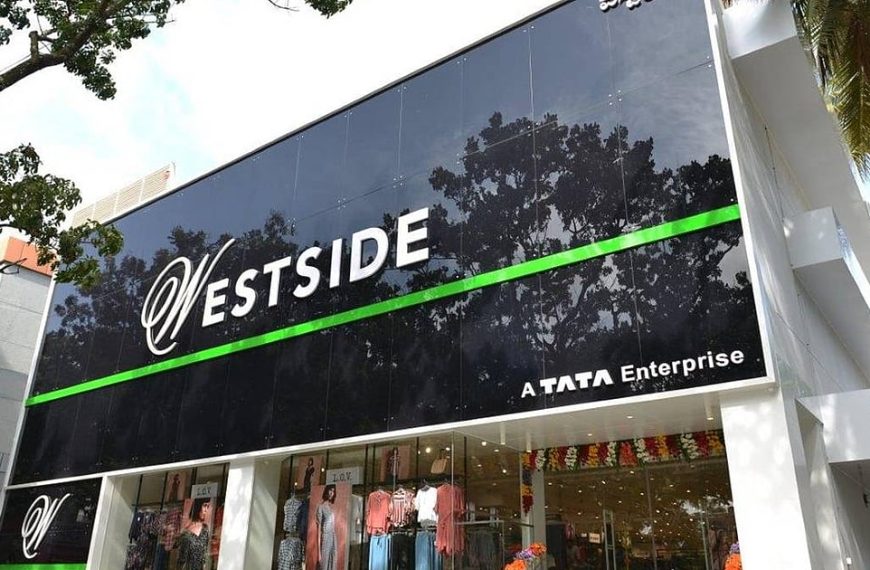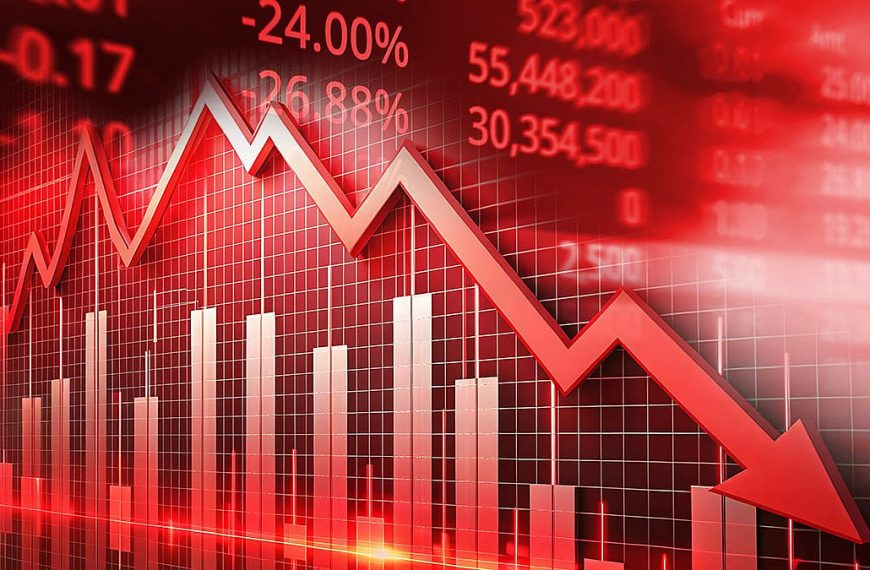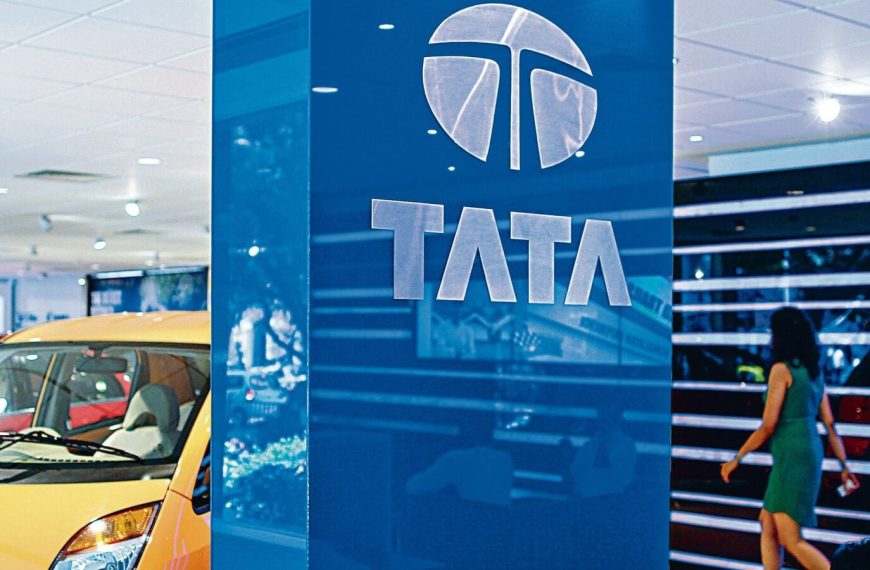In a significant move set to impact consumers across Karnataka, the state government has announced an increase in diesel prices due to a new sales tax hike. Effective April 1, diesel will see a rise in tax from 18.4% to 21.17%, according to a notification released by state authorities. This adjustment is expected to lead to an increase of ₹2 to ₹2.75 per liter, as estimated by the Akhila Karnataka Petroleum Dealers Association.
Rising Diesel Costs and Their Impact
Currently, the price of diesel in Karnataka stands at ₹88.99 per liter, while petrol is priced at ₹102.92 per liter. Despite the increase, LK Atheeq, the Additional Chief Secretary to the Chief Minister, emphasized that Karnataka continues to offer the most competitive diesel rates in South India. However, the rise in diesel prices is anticipated to escalate transportation costs, which could result in higher prices for consumers already grappling with increasing expenses.
- Current Diesel Price: ₹88.99/liter
- Current Petrol Price: ₹102.92/liter
- Expected Increase: ₹2 to ₹2.75/liter
Cost of Living in Bengaluru to Escalate
In addition to fuel price hikes, Bengaluru residents will also face new financial burdens starting April 1. The Bruhat Bengaluru Mahanagara Palike (BBMP) will introduce a user fee for solid waste management, which will be collected alongside property tax. This change is just one of several recent increases affecting the cost of living in the city.
Recent hikes include:
- 15% increase in bus fares
- Up to 71% increase in Metro fares
- ₹4 per liter increase in milk prices
- Higher electricity tariffs, with fixed charges set to rise by ₹25 in 2025-26, ₹30 in 2026-27, and ₹40 in 2027-28
Growing Concerns Over Price Hikes
The Congress-led state government is facing mounting criticism as residents voice their frustrations over these escalating costs. As both fuel and essential service prices climb, the economic strain on the average citizen is becoming increasingly apparent. With transportation costs likely to rise and additional fees on daily necessities, many are left wondering how much more they can endure.
As these changes unfold, it will be crucial for consumers to stay informed about their financial options and adapt to the evolving economic landscape in Karnataka.











